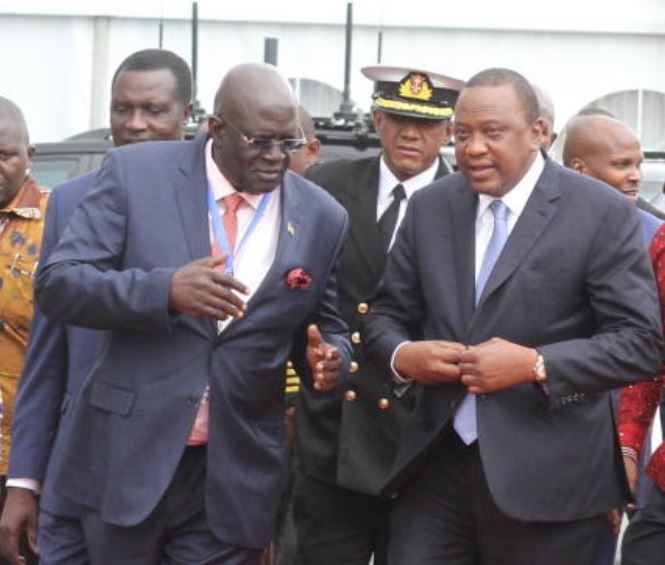×
The Standard e-Paper
Stay Informed, Even Offline

The countdown to the end of Kenya Certificate of Primary Education (KCPE) examination has officially kicked off with only four years left to the death of the decades-old tests that were a hallmark of cutthroat competition.
It is now official that children under the new 2-6-3-3-3 education system will not sit national examinations at the end their primary school education.